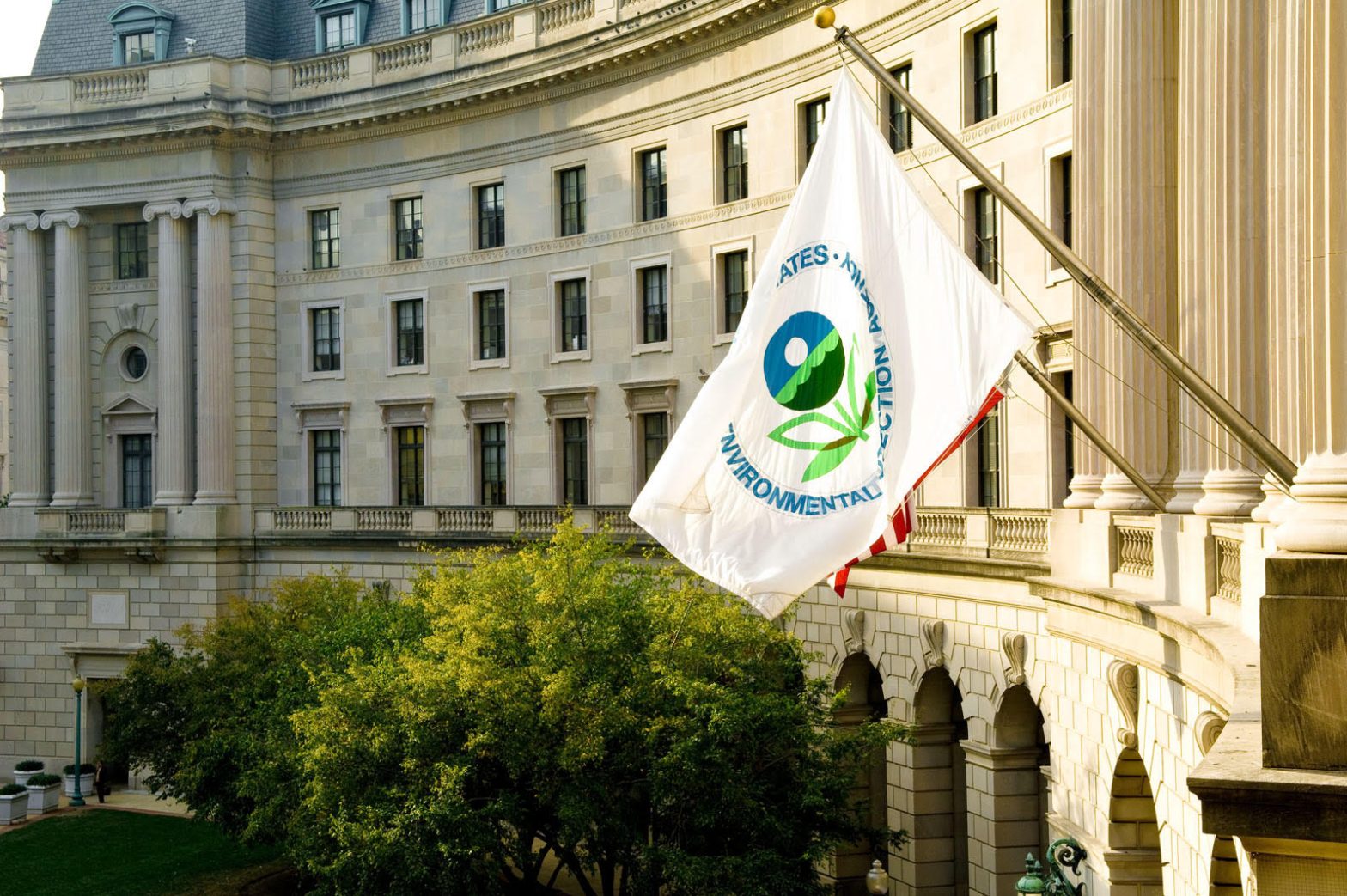EPA’s Rewrite of Obscure Air Rule Could Shut Down Economic Growth
COMMENTARY

The latest government shutdown near miss is a reminder of how extremes on both sides have taken control of our public policy debates.
During my seven terms in Congress, this sort of brinkmanship was not a feature of our politics — and as a fifth-generation farmer, today’s political dysfunction is anathema to me. If I ran my family farm the same way Washington has been running the country in recent years, our operation would have failed a long time ago.
As a member of the Blue Dog Coalition, I always looked for ways to work across the aisle and build consensus on policy. I was not afraid to stick my neck out on issues I believed in, like voting to address climate change through cap-and-trade legislation. But I have always found that public policy that has buy-in from all points of view tends to work the best and last the longest.
That philosophy applies as much to regulating as it does to legislating.
Businesses — whether you are a manufacturer or run a family farm like mine — need predictability and reasonable, achievable rules from regulators in order to stay afloat. No reasonable person would advocate that we not do our best to strengthen standards where practicable, particularly as it relates to improving public health and combating climate change.
But we must also be mindful not to open up a can of worms by going too far, too fast. One active rulemaking at risk of heading in this direction is the Environmental Protection Agency’s national ambient air quality standard for fine particulate matter, known by environmental policy wonks as PM2.5.
This often overlooked but highly consequential regulation places limits on microscopic particles emitted from a variety of everyday sources like construction, transportation, manufacturing and agriculture.
The EPA is required by the Clean Air Act to review its PM2.5 standard every five years, but the agency is moving forward with a rewrite of its rule two years early. The current U.S. level is already more than twice as strict as in the E.U. — where there are tougher rules for just about everything.
What’s alarming is the degree to which EPA could tighten the standard. Activist groups on the left, including a top White House advisory panel, are calling for limits that cannot be reasonably met with current technology and would have potentially devastating economic consequences.
A recent study conducted by Oxford Economics found that the standard these groups are calling for would result in the number of U.S. counties in nonattainment increasing by a factor of 10, affecting nearly 40% of the country’s population. In my state of Florida, 4.7 million people could find themselves living in a nonattainment area overnight.
Nonattainment designations place heavy restrictions on economic activity and investment, slowing down projects and even shutting them down outright.
It can also put federal dollars out of reach, such as the funding included in the bipartisan infrastructure law, Inflation Reduction Act and CHIPS Act.
For farmers like me, the EPA’s rulemaking could also mean restrictions on prescribed burns, which is an essential practice that helps enhance soil health and mitigate the threat of wildfires. But for manufacturers and manufacturing workers, the impact could be far more severe.
For instance, Oxford’s study found that EPA’s rulemaking could put as many as 850,000 manufacturing jobs at risk — more jobs than the sector has added under President Biden’s watch.
The resulting increases in red tape from nonattainment designations would also limit industry’s ability to make its facilities more sustainable and disrupt the construction of clean energy projects, a cruel twist of irony for environmentalists.
Oxford predicts the total potential economic loss for the U.S. economy could reach as high as $138 billion through 2027.
When I served in Congress, Biden was well known for being pragmatic — both as a senator and as vice president — but his EPA is considering adopting a standard for PM2.5 that is anything but.
Impacted business groups and labor unions have said they can accept a stricter regulation provided that it is reasonable. However, if the EPA only listens to the activists on the left pushing to take the rule too far, the president risks undoing his manufacturing legacy and having his “Bidenomics” pitch to voters fall flat.
Whether you are a policymaker in Washington or a farmer in the Florida panhandle, it is certainly true that you reap what you sow.
Hewing to rigid ideology is a recipe for bad outcomes and unintended consequences.
It is critical for EPA to arrive at a practical, predictable rule on PM2.5 that further improves our air quality without inflicting senseless damage to the American economy.
Allen Boyd is a a partner at Cannae Policy Holdings. Boyd heads Cannae Policy Group Subsidiary, focusing on lobbying activities and facilitating access for companies that qualify for federal, state and local government aid and grants. Boyd graduated from Florida State University with a degree in accounting. Having received an Army ROTC Commission upon graduation, he served two years on active duty, including a tour as a rifle platoon leader with the 101st Airborne Division in Vietnam. Boyd served eight years in the Florida House of Representatives, and in 1996 was elected to the U.S. House of Representatives. Boyd focused much of his efforts in Congress ensuring that America maintained a strong military and continued to have a world-class agriculture production industry. He can be contacted at [email protected].
























